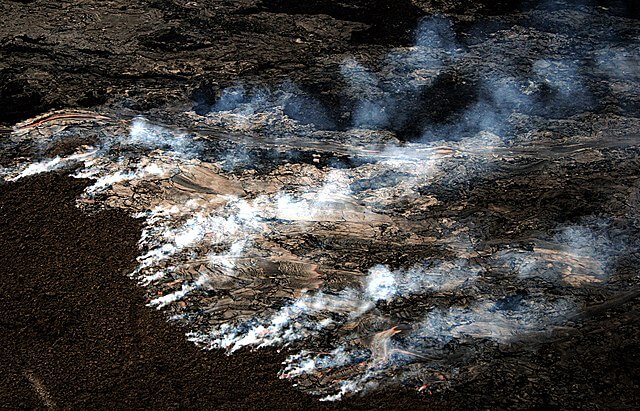
The failure of carbon offset schemes to reduce planet-warming emissions is not the result of “a few bad apples” but stems from deep-rooted systemic flaws that cannot be fixed by minor reforms, according to a new review paper.
Drawing on two decades of research, the study found “intractable” issues that have rendered most major carbon credit programmes poor in quality. Although industry groups and negotiators have made repeated attempts to improve the system, the review concluded that long-awaited rules agreed at last year’s UN climate summit “did not substantially address the quality problem.”
“We must stop expecting carbon offsetting to work at scale,” said Stephen Lezak, a researcher at the University of Oxford’s Smith School and co-author of the study, in Annual Reviews. “We have assessed 25 years of evidence and almost everything up until this point has failed.”
Carbon offsets are intended to cut emissions cost-effectively by allowing wealthy polluters to finance cheaper climate action abroad while continuing to emit greenhouse gases at home.
In principle, this approach could lower overall global emissions by directing funds where they can achieve the greatest immediate impact. In practice, however, voluntary carbon markets have long been riddled with “junk offsets” that exaggerate their real-world benefits.
The researchers identified the most serious issues as the issuing of additional credits for “non-additional” projects (for example, windfarms that would have been built anyway); temporary projects such as tree planting that is later undone by wildfires; “leakage” effects, where protecting one area simply shifts destruction elsewhere; and double-counting, where both buyer and seller claim the same emissions reduction.
“An offset may be robust on three of these four dimensions, but if it lacks in the fourth, it may represent a far lower emissions reduction than was credited – or no real reduction at all,” the study warned.
A Nature Communications meta-analysis published last year found that fewer than 16% of the carbon credits examined corresponded to genuine reductions in greenhouse gas emissions.
“This study echoes the main conclusions of our own research, but it provides a broader picture across the carbon crediting landscape,” he said.
Dr Benedict Probst, founder of the Net Zero Lab at the Max Planck Institute for Innovation and Competition – who was not involved in the new review – described it as a “valuable high-level overview of the well-documented problems plaguing existing carbon crediting projects,” though he noted it did not critically evaluate the underlying studies.
Efforts are under way to improve the integrity of the market. In response to mounting criticism, industry initiatives such as the Integrity Council for the Voluntary Carbon Market (ICVCM) have begun to review the latest research to identify effective offsets, approving only schemes that meet rigorous criteria. Meanwhile, emerging “ratings agencies” for carbon offsets now provide buyers with clearer information about whether credits represent genuine emissions reductions.
The review’s authors urged policymakers to phase out offsets that do not actively remove CO₂ from the atmosphere and to refocus markets on high-quality carbon dioxide removal and long-term storage. They also recommended replacing traditional offsetting with contribution-based schemes that fund meaningful climate projects without allowing donors to claim their emissions have been cancelled out.
Nevertheless, the authors acknowledged that some types of over-credited projects could still be improved – for example, initiatives to distribute cleaner cookstoves or capture methane from landfill sites.
“We don’t want to throw the baby out with the bathwater,” said Lezak. “There are a couple of important domains where it is important to highlight success, or the potential for it.”
——————————————————————————
At Natural World Fund, we are passionate about restoring habitats in the UK to halt the decline in our wildlife.

